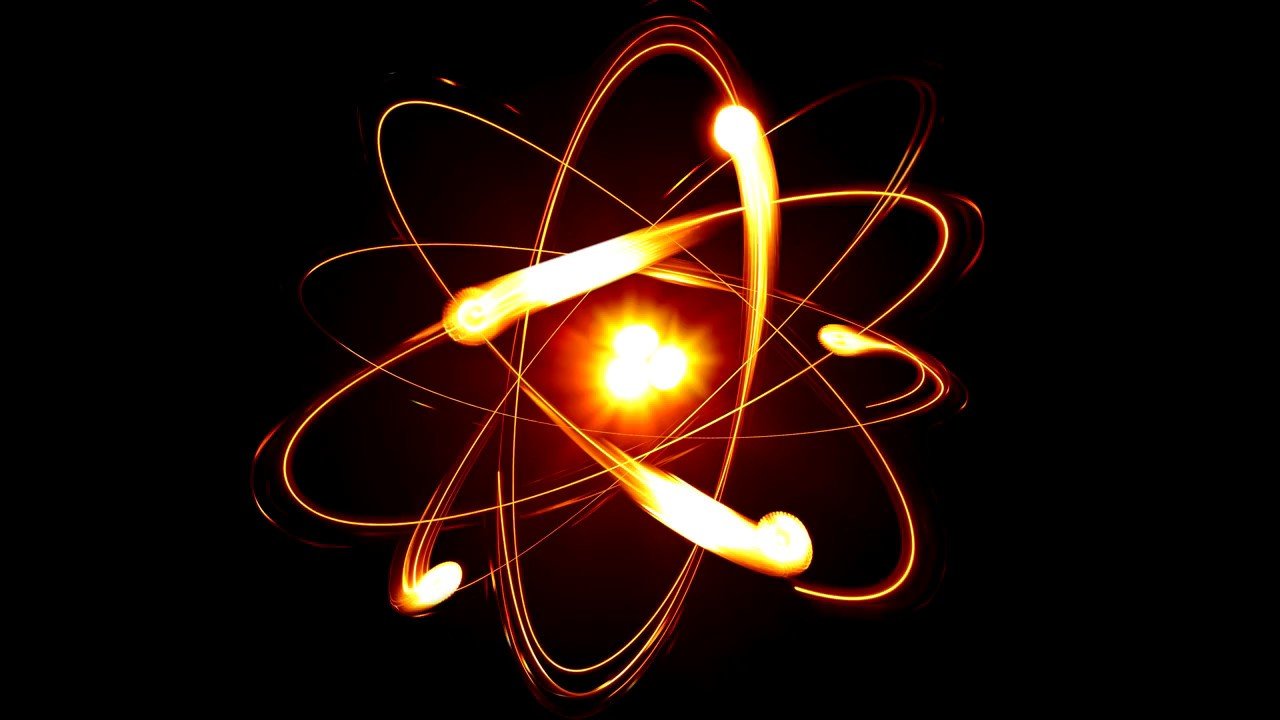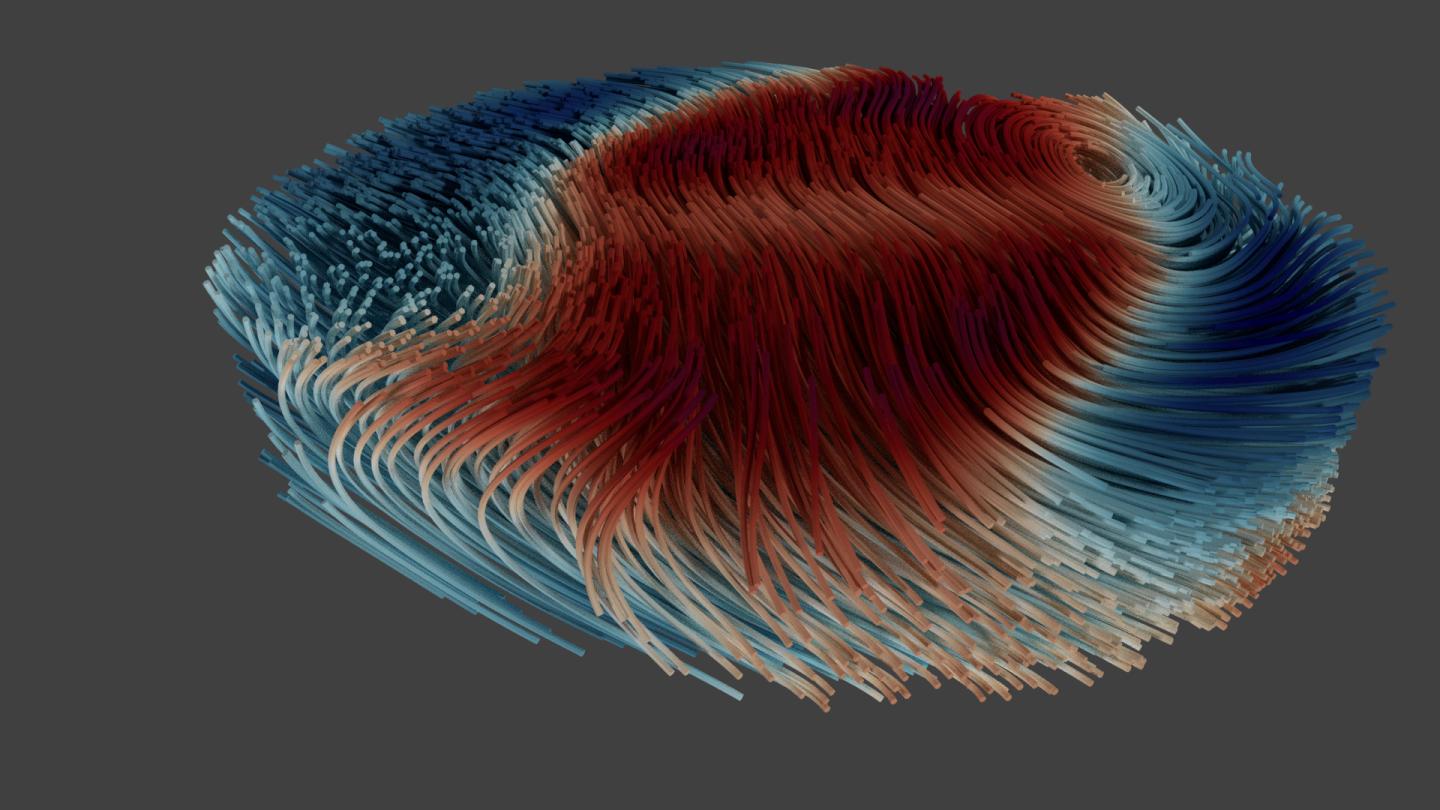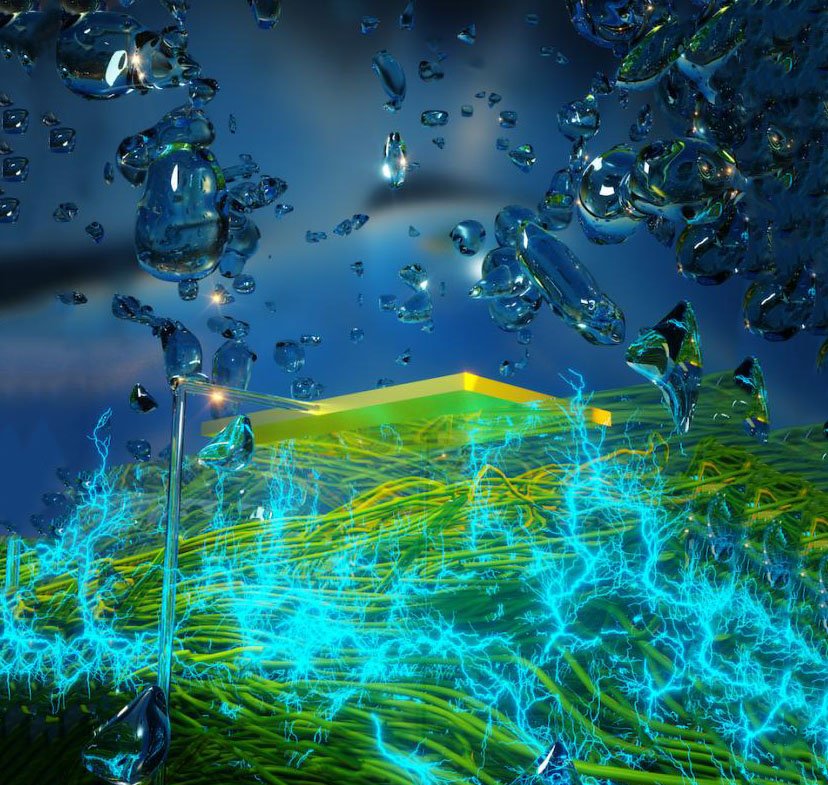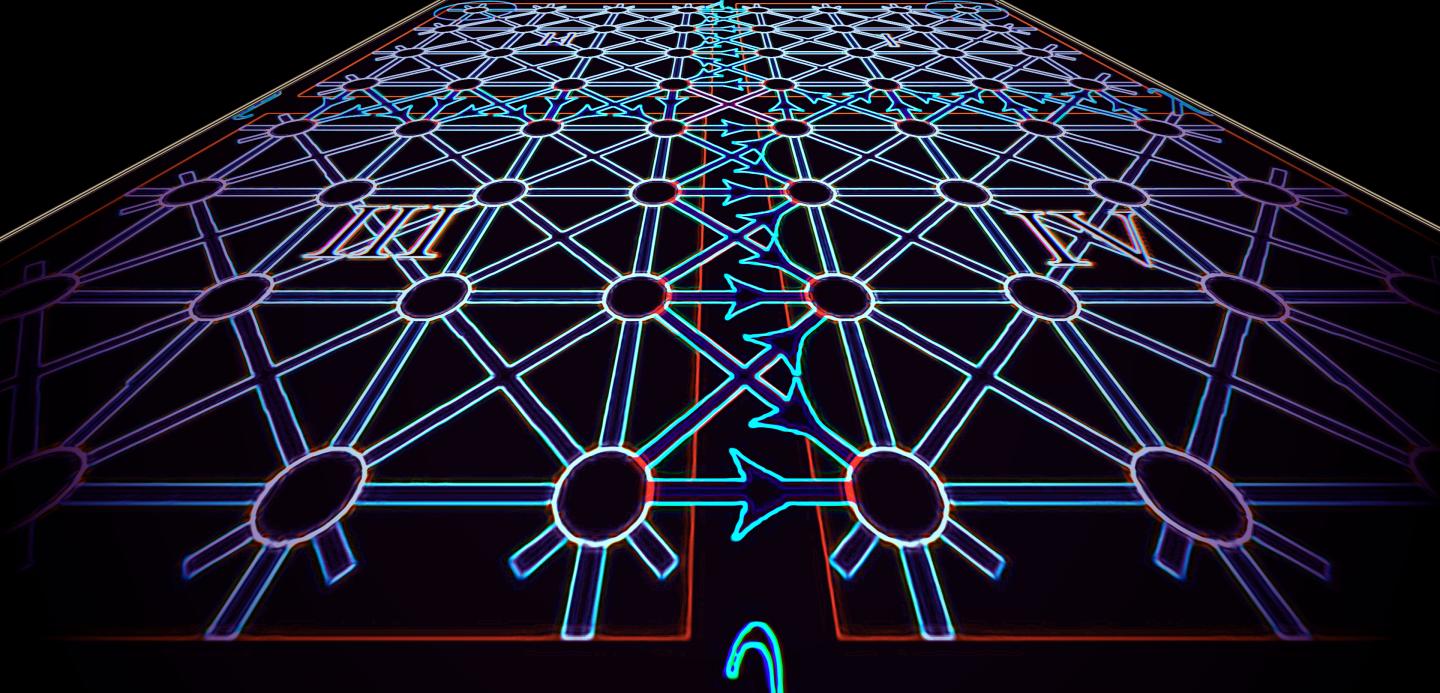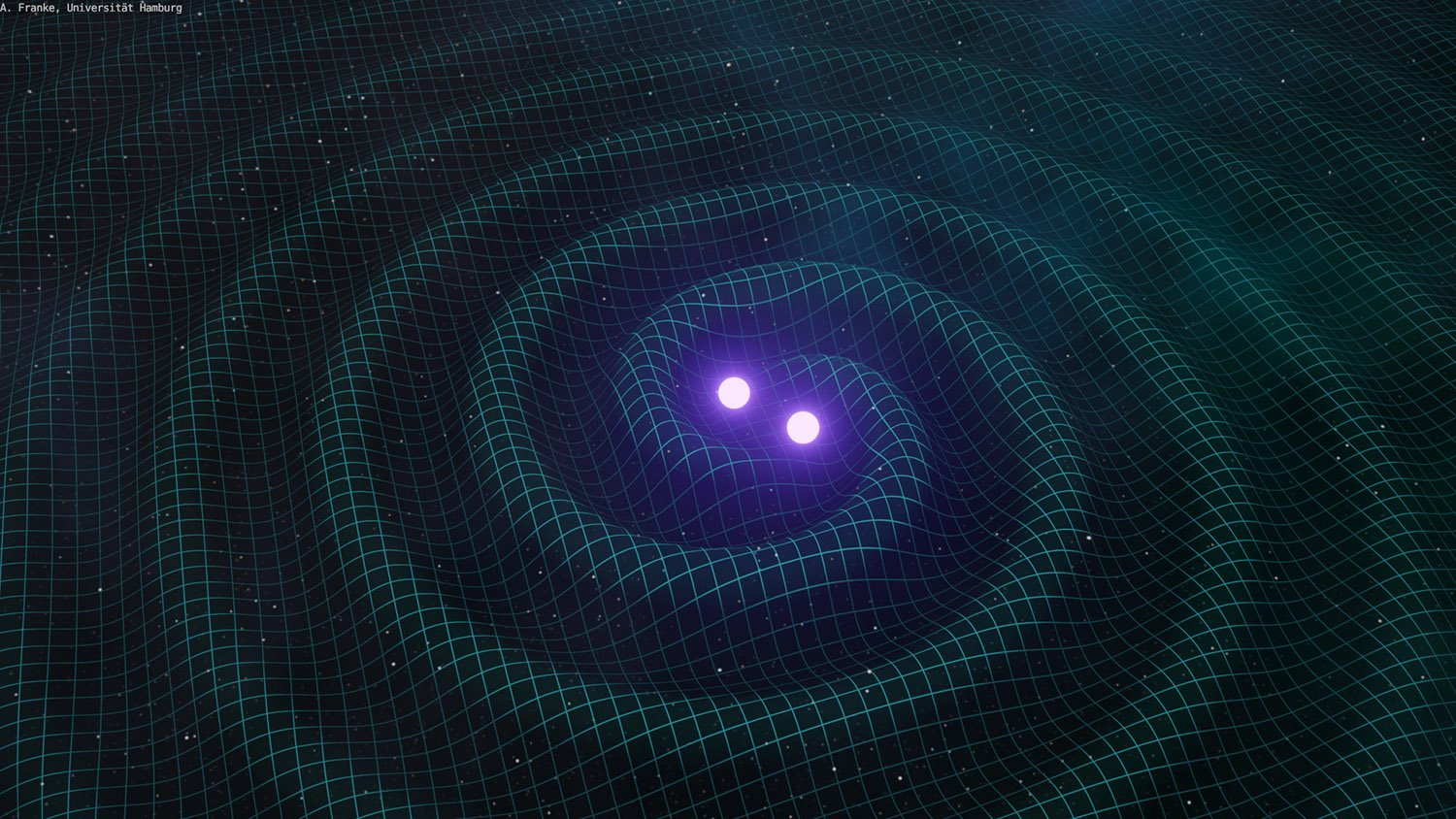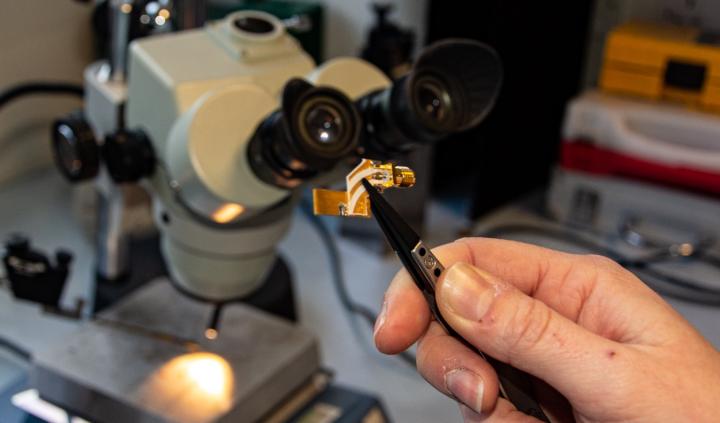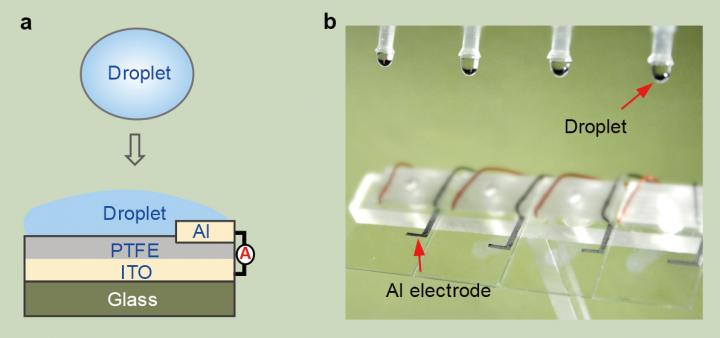Exotic physics phenomenon is observed for first time
An exotic physical phenomenon, involving optical waves, synthetic magnetic fields, and time reversal, has been directly observed for the first time, following decades of attempts. The new finding could lead to realizations of what are known as topological phases, and eventually to advances toward fault-tolerant quantum computers, the researchers say. The new finding involves the … Read more
